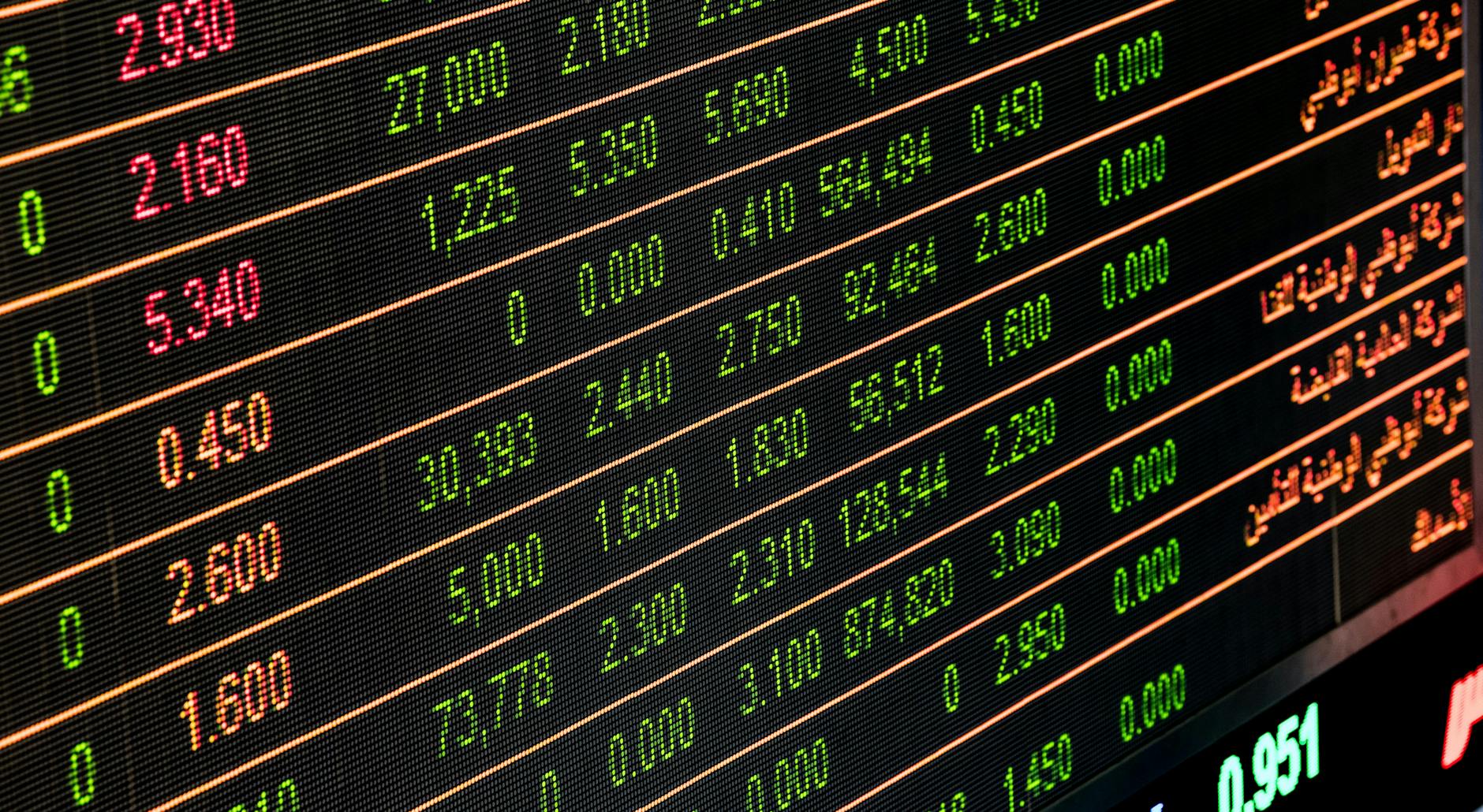U.S. Dollar's Fall: A Chance to Invest in Foreign Markets? Discover new options.
U.S. Dollar's Fall: A Chance to Invest in Foreign Markets? Discover New Options
The U.S. dollar has long been a cornerstone of global trade and investment. As of 2025, however, its dominance appears shaky. With economic shifts, rising debt, and geopolitical pressures, many experts are sounding alarms about potential declines. This changing dynamic presents a unique opportunity for investors to explore foreign markets. Could the dollar’s fall, in fact, open doors to untapped potential abroad?
Understanding the U.S. Dollar's Status in 2025
The current outlook for the U.S. dollar reflects a mix of uncertainty and opportunity. Several factors, including U.S. economic policies, trade deficits, and heightened geopolitical tensions, paint a complex picture. Recent commentary from financial experts highlights the shifting investor sentiment and market volatility. This article from Reuters provides valuable insights into the crisis of confidence surrounding the U.S. dollar.
Economic Factors Behind the Dollar's Decline
The U.S. dollar's trajectory is influenced by a myriad of domestic policies. Tax cuts, burgeoning trade deficits, and an aggressive fiscal policy have pushed the national debt higher. Historically, these elements have been key drivers of currency depreciation. As of now, weaker inflation data and tariff disputes further contribute to the dollar's volatility. For instance, reports highlight how the Core CPI recently slowed to 2.8%, raising concerns about the Federal Reserve's rate cut plans.
Geopolitical Influences on Currency Value
Global political shifts are equally important in shaping the dollar’s value. Trade wars, rising protectionism, and resistance to U.S.-dominated trade policies have created friction. Renewed tensions with major trade partners, particularly in Asia, add to the dollar’s challenges. A recent Reuters update on the Sino-U.S. trade war illustrates how this affects safe-haven currencies like the yen and Swiss franc.
Investor Sentiments and Global Recession Fears
Market jitters are increasing. Indicators of a potential global recession and reduced confidence in the U.S. economic outlook have led to significant sell-offs. Investors are now favoring assets denominated in stronger currencies or those offering greater diversification. This shift reflects broader concerns about the long-term stability of the dollar as the world’s reserve currency.

Photo by Pixabay
Investment Opportunities Abroad Amid Dollar Weakness
While the dollar’s struggles may be troubling, they offer evidence of opportunity. For investors, this could open pathways to foreign markets ripe for growth. Diversifying your portfolio internationally may not only hedge risks associated with currency fluctuations but also enhance growth potential.
Emerging Markets for Growth Potential
Regions such as Asia and South America exhibit robust economic growth profiles. Countries like India and Brazil, for instance, are poised for expansion with their large, youthful populations and growing middle classes. Investments in these markets may carry higher risk, but the potential for above-average returns is significant. This guide from U.S. News outlines several avenues for capitalizing on a weak dollar.
Strength of Foreign Currencies to Watch
Currencies such as the Euro and British Pound have emerged stronger amidst the dollar's uncertainty. The Euro, in particular, benefits from a stable trade bloc and measured fiscal policies. Meanwhile, countries with high commodity exports, such as Canada and Australia, also present currency-related opportunities. Monitoring factors like interest rate parity and central bank policies can help identify attractive forex investments.
Commodities and Precious Metals as Hedge Options
In times of uncertainty, tangible investments like gold and silver regain their sheen. Historically, precious metals have served as reliable hedges against currency declines. As the dollar weakens, commodities may become a favored option for long-term wealth preservation. Investors can also explore exchange-traded funds (ETFs) tied to resources such as crude oil or agricultural products.
Key Risks and Considerations When Investing Abroad
While opportunities abound, investing in foreign markets isn’t without its risks. From currency volatility to regulatory hurdles, global investments require thoughtful planning and risk management.
Currency Exchange Risks
Fluctuating exchange rates can significantly impact your returns. For instance, if the dollar weakens after your initial foreign investment, you may see added gains when converting profits back into dollars. Conversely, the reverse could erode your returns. Hedging tools like currency futures and options can mitigate these risks.
Political and Economic Volatility in Foreign Markets
Emerging markets often experience greater political and economic instability. Sudden policy changes, leadership transitions, and macroeconomic shocks can impact the profitability of foreign investments. Seasoned investors often rely on risk assessments and diversification to spread exposure across multiple regions.
Tax Implications and Cross-Border Compliance
International investments come with tax liabilities, including capital gains taxes and reporting requirements. Understanding treaties and agreements between the U.S. and the country of investment is critical. Ignoring compliance obligations can lead to hefty penalties. Consulting a tax attorney or financial advisor is highly recommended for navigating these complexities.
Conclusion
The potential decline of the U.S. dollar presents a double-edged sword for investors. While risks such as currency instability and geopolitical tensions loom large, significant opportunities exist in foreign markets, commodities, and stronger international currencies. By carefully assessing the global landscape, managing risks, and diversifying smartly, you can turn this shift into a strategic advantage. Evaluating your portfolio now—and seeking advice from trusted professionals—can help position you for growth in uncertain times.
Would you explore these options further? As the old saying goes, fortune favors the prepared mind.







